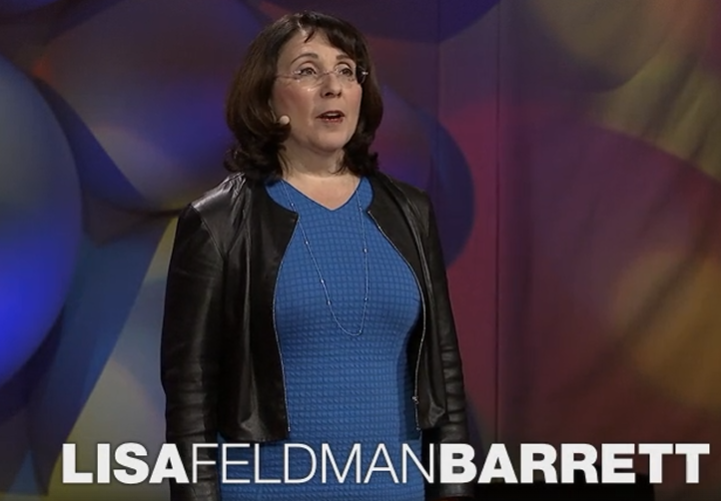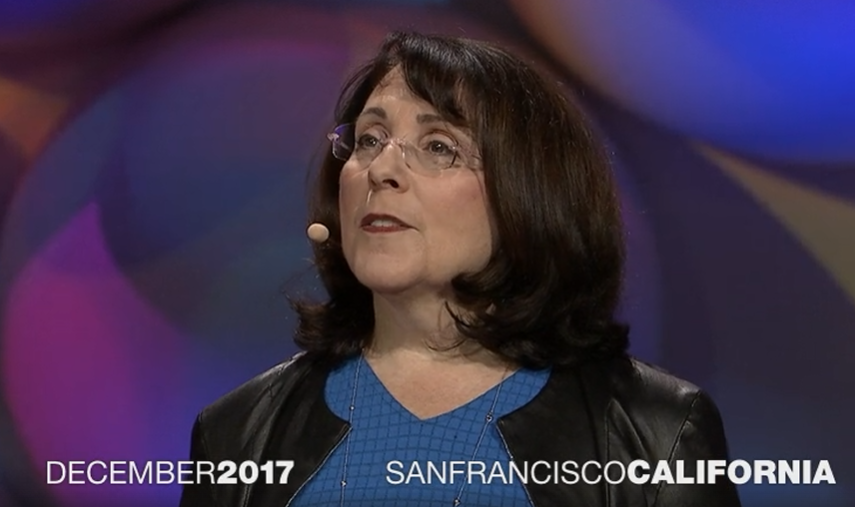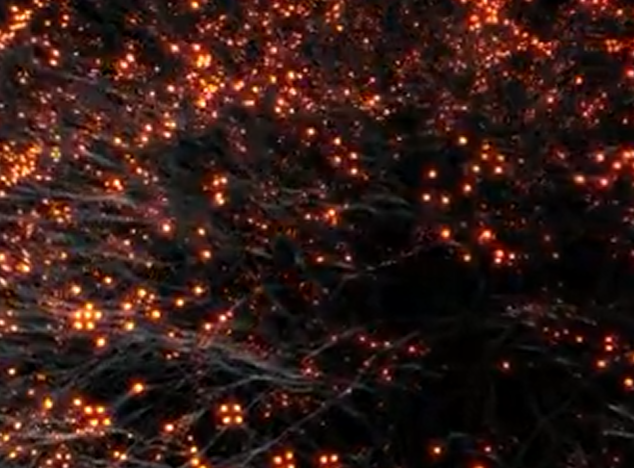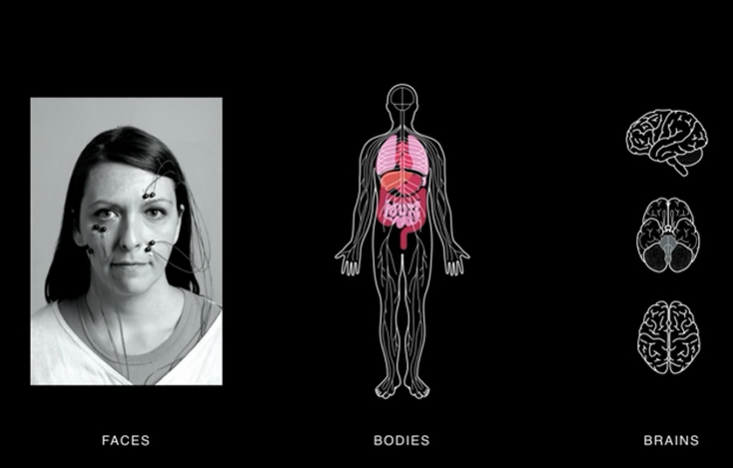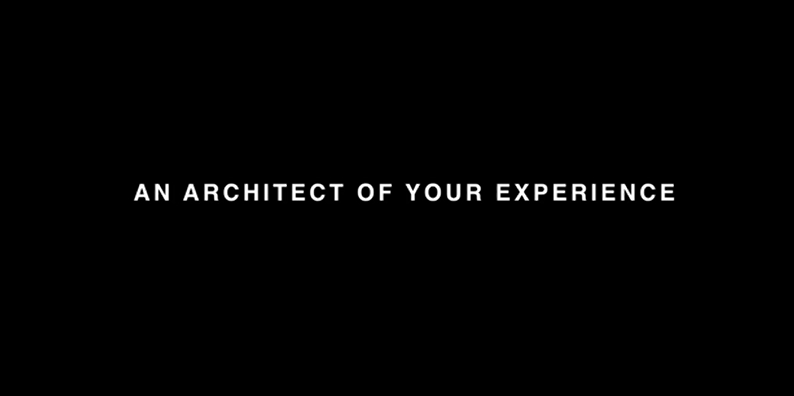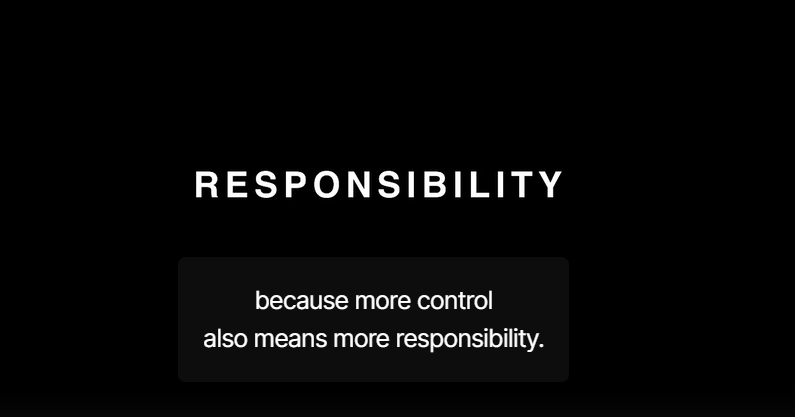你不受情绪的支配——你的大脑创造了它们
You aren't at the mercy of your emotions -- your brain creates them
Can you look at someone's face and know what they're feeling? Does everyone experience happiness, sadness and anxiety the same way? What are emotions anyway? For the past 25 years, psychology professor Lisa Feldman Barrett has mapped facial expressions, scanned brains and analyzed hundreds of physiology studies to understand what emotions really are. She shares the results of her exhaustive research -- and explains how we may have more control over our emotions than we think.
6,626,933 views 2017~2022 | Lisa Feldman Barrett • TED@IBM
Lisa Feldman BarrettNeuroscientist, psychologist, author
See speaker profile
Lisa Feldman Barrett, PhD is a University Distinguished Professor of Psychology at Northeastern University, with positions in psychiatry and radiology at Massachusetts General Hospital and Harvard Medical School.
My research lab sits about a mile from where several bombs exploded during the Boston Marathon in 2013. The surviving bomber, Dzhokhar Tsarnaev of Chechnya, was tried, convicted and sentenced to death.
00:16
footnotefootnoteNow, when a jury has to make the decision between life in prison and the death penalty, they base their decision largely on whether or not the defendant feels remorseful for his actions.Tsarnaev spoke words of apology, but when jurors looked at his face, all they saw was a stone-faced stare. Now, Tsarnaev is guilty, there's no doubt about that. He murdered and maimed innocent people, and I'm not here to debate that. My heart goes out to all the people who suffered. But as a scientist, I have to tell you that jurors do not and cannot detect remorse or any other emotion in anybody ever. Neither can I, and neither can you, and that's because emotions are not what we think they are. They are not universally expressed and recognized. They are not hardwired brain reactions that are uncontrollable. We have misunderstood the nature of emotion for a very long time, and understanding what emotions really are has important consequences for all of us.
01:31
footnotefootnoteI have studied emotions as a scientist for the past 25 years, and in my lab, we have probed human faces by measuring electrical signals that cause your facial muscles to contract to make facial expressions. We have scrutinized the human body in emotion.We have analyzed hundreds of physiology studies involving thousands of test subjects. We've scanned hundreds of brains,and examined every brain imaging study on emotion that has been published in the past 20 years. And the results of all of this research are overwhelmingly consistent. It may feel to you like your emotions are hardwired and they just trigger and happen to you, but they don't. You might believe that your brain is prewired with emotion circuits, that you're born with emotion circuits, but you're not. In fact, none of us in this room have emotion circuits in our brain. In fact, no brain on this planet contains emotion circuits.
02:39
footnotefootnoteSo what are emotions, really? Well, strap on your seat belt, because ... emotions are guesses. They are guesses that your brain constructs in the moment where billions of brain cells are working together, and you have more control over those guessesthan you might imagine that you do.
03:07Now, if that sounds preposterous to you, or, you know, kind of crazy, I'm right there with you, because frankly, if I hadn't seen the evidence for myself, decades of evidence for myself, I am fairly sure that I wouldn't believe it either. But the bottom line is that emotions are not built into your brain at birth. They are just built.
03:31
footnotefootnoteTo see what I mean, have a look at this. Right now, your brain is working like crazy. Your neurons are firing like mad trying to
主题:You aren't at the mercy of your emotions -- your brain creates them
幸福大叔发表于 2022-08-05 18:35
下一页 (1/9)


